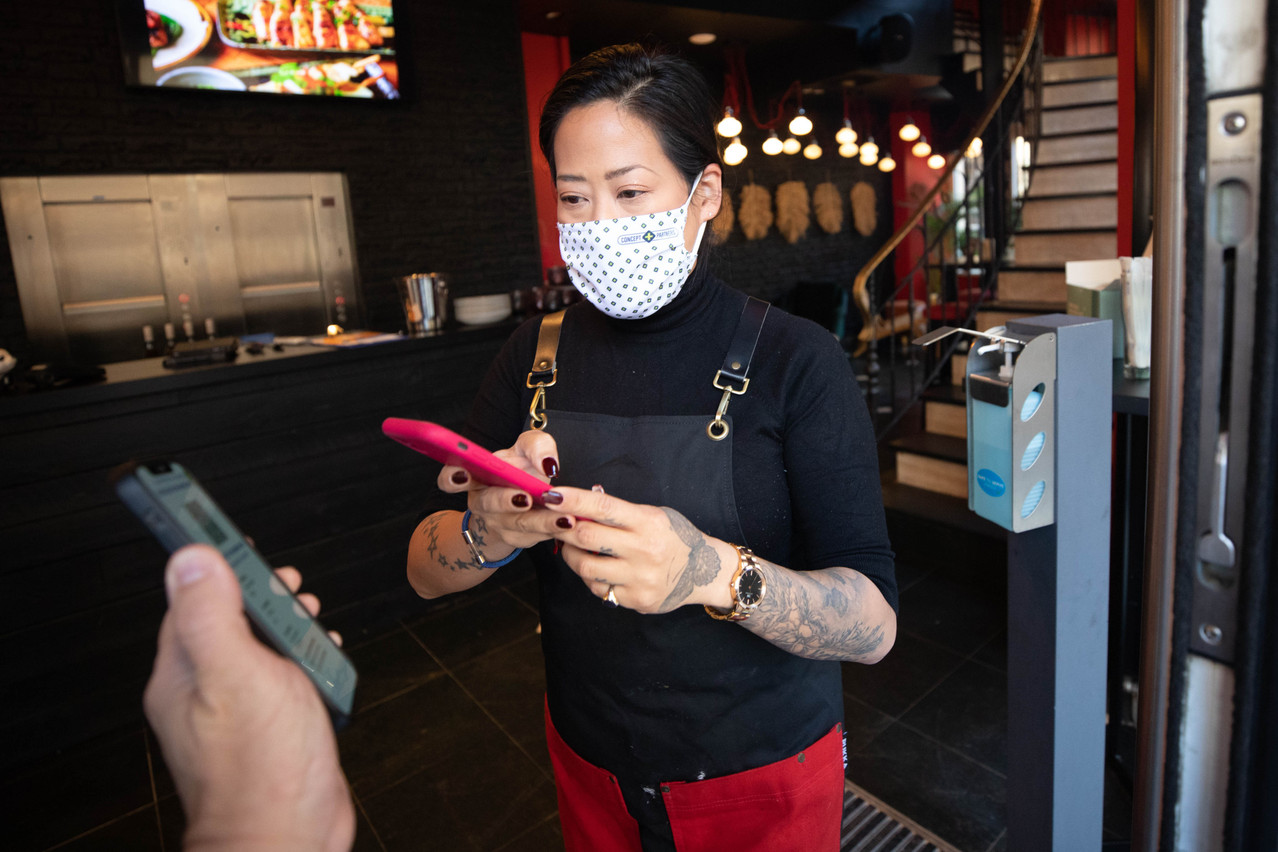The government wants to change from 3G (getest, geheelt, geimpft for tested, vaccinated or cured) to 2G (geheelt, geimpft) in leisure activities as of next week. Tests will therefore no longer be accepted in restaurants.
“We were already feeling a drop in some customers” since the mandatory CovidCheck on 1 November, says Horesca federation secretary general François Koepp. “We know that it will increase.” Especially as “teleworking is back on the agenda”. Restaurant owners will also have to check the identity of customers to spot any fake QR codes. “An additional burden. It's police work,” he says.
We hoped to be back in business by the end of the year.
It's hard for him to say what measures would have been the right ones in the face of the upsurge in infectious cases. But for Koepp, restrictions should be accompanied by aids. The coverage of uncovered costs has been extended until the end of the year. It covers 90% of the costs for companies with fewer than 50 employees and 70% for those with 50 or more employees, provided that they suffer a drop of at least 40% in turnover. Koepp is calling for a return to the coverage that was in place until June 2021, which was up to 100% in the event of a 75% drop in turnover.
Better than closing the restaurants
“We were hoping to recover at the end of the year,” said Nuno Soares, owner of Picanha Plaza. The sector is “not welcoming the news with enthusiasm”. After an initial drop in traffic since 1 November, he expects it to be even greater with 2G. For him, this system is not the solution and creates a false sense of security. Even before CovidCheck, teleworking, fear and confusion about the measures in place prevented customers from returning as often as before the health crisis began.
Gabriel Boisante, manager of several establishments including the Bazaar and the Paname, is more optimistic: “We are happy to remain open, we were afraid we would have to close”. He admits: "It is obvious that with the 2G system, some customers will no longer be able to access the restaurant.” But he hopes that the measures will encourage them to get vaccinated. “We have no idea what percentage of customers have been vaccinated,” he says, "but perhaps in a fortnight' time we will realise that 60% of them have actually been tested.” The identity check, in addition to CovidCheck, will require the company to assign “someone full time. Our industry has learned to be resilient,” according to Boisante. Mostly, he sees a drop in traffic since covid's caseload is increasing. And he hopes for more visibility, with an extension of aid until February rather than December.
A complicated end to the year
Christophe Diederich, head of Concept Partners, which has a dozen restaurants in Luxembourg such as Hitch and Meet Point, was also worried about closures or curfews. He says he is “happy that they chose the 2G option”.
About “25% of the country is not yet vaccinated, this will have an impact. In addition to the recommendation to telework”. However, he has not noticed any drop in traffic with the introduction of 3G. What he fears is the reaction of customers to identity checks, who were already complaining at times about the QR code check. “We don't decide the rules, we apply them,” he says. “If a customer doesn't present the 2G, we feel bad, but we have to refuse him access.”
He anticipates what he calls a catastrophic December, but more because of the increase in infections. He deplores the fact that the recovery aid is only for companies whose turnover has fallen by at least 25%. “When you're running at around 80%, the missing 20% hurts,” especially at a time when companies are already cancelling their end-of-year parties.
This story was first published in French on . It has been translated and edited for Delano.
